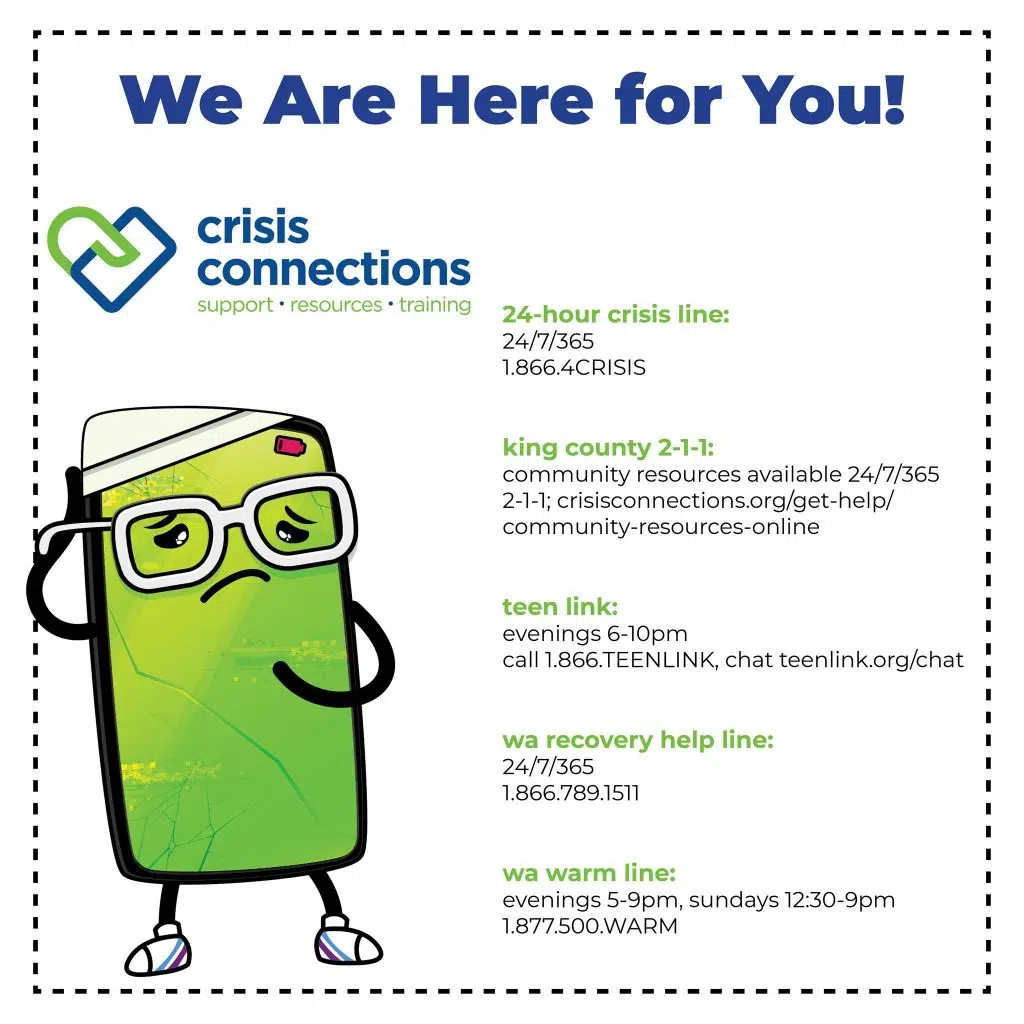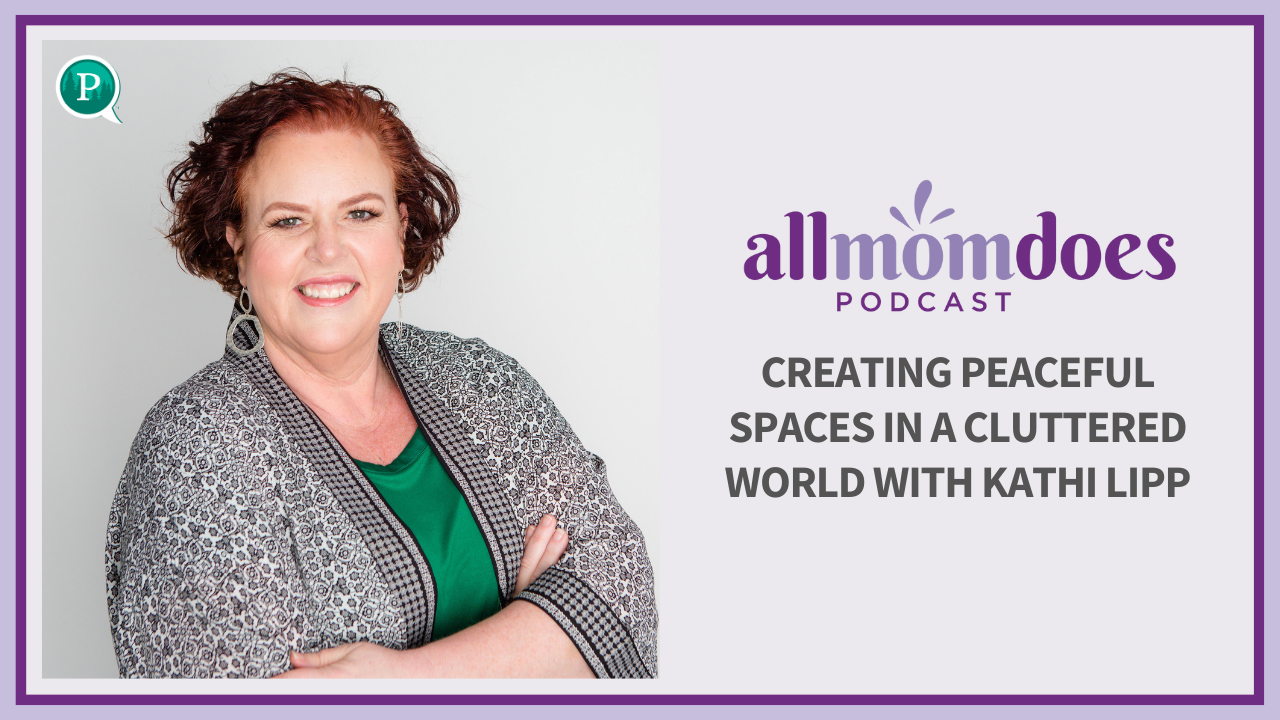Stress can affect anyone, even a child who feels overwhelmed. Stress comes from the demands placed on a person and his or her ability (or perceived ability) to meet them. Childhood stress can come from outside sources like family, friends, school, illness, death, divorce, disasters or from within themselves (pressure they place on themselves.)
This post is sponsored by Crisis Connections.
Signs That Your Child Might Be Stressed:
- Mood Swings
- Acting Out
- Changes in Sleep
- Bedwetting
- Stomachaches
- Nightmares
- Separation anxiety
- Overreactions to problems
- Drastic changes in academic behavior
- Refusal to participate in activities
- Trouble concentrating
- Problems completing schoolwork
- Withdrawal
- Regression (common in younger children)
- Lying, bullying and defiance of authority
You may not be able to keep your child from feeling frustrated, sad or angry, but you can help them cope with these emotions.
Ways You Can Help Your Child
- Make time for your children each day
- Give your child hugs and kisses. Show love.
- Notice your child’s feelings out loud. “I looks like you are feeling….”
- Listen to your child. Allow them to talk about things causing them stress.
- Help your child be discussing stressful situations ahead of time to allow them to prepare for them.
- Be there. Respect your children and tell him or her you are here when they are ready to talk.
- Be patient. You don’t have to fix every problem. You want your child to learn to be a good problem solver.
- Avoid talking about your own troubles around your child.
- Ensure your child is getting adequate rest.
- Ensure that your child is getting adequate nutrition.
- Don’t overschedule. Help your child manage his/her time and responsibilities.
- Ensure that your child has play and quite time.
- Monitor exposure to the news and other sources about trauma.
Seek Treatment and Help if Needed
It’s okay to need help. We could never have expected the toll 2020 would take. That’s why programs like The Washington Recovery Help Line are so important. Washington Recovery Help Line is a program of Crisis Connections and it offers a confidential 24-hour help line for Washington State residents. This help line is for those experiencing substance use disorder, problems gambling, and/or a mental health challenge. Their professionally-trained staff provide emotional support. They can also connect callers with local treatment resources or more community services.
 RELATED:
RELATED:

















